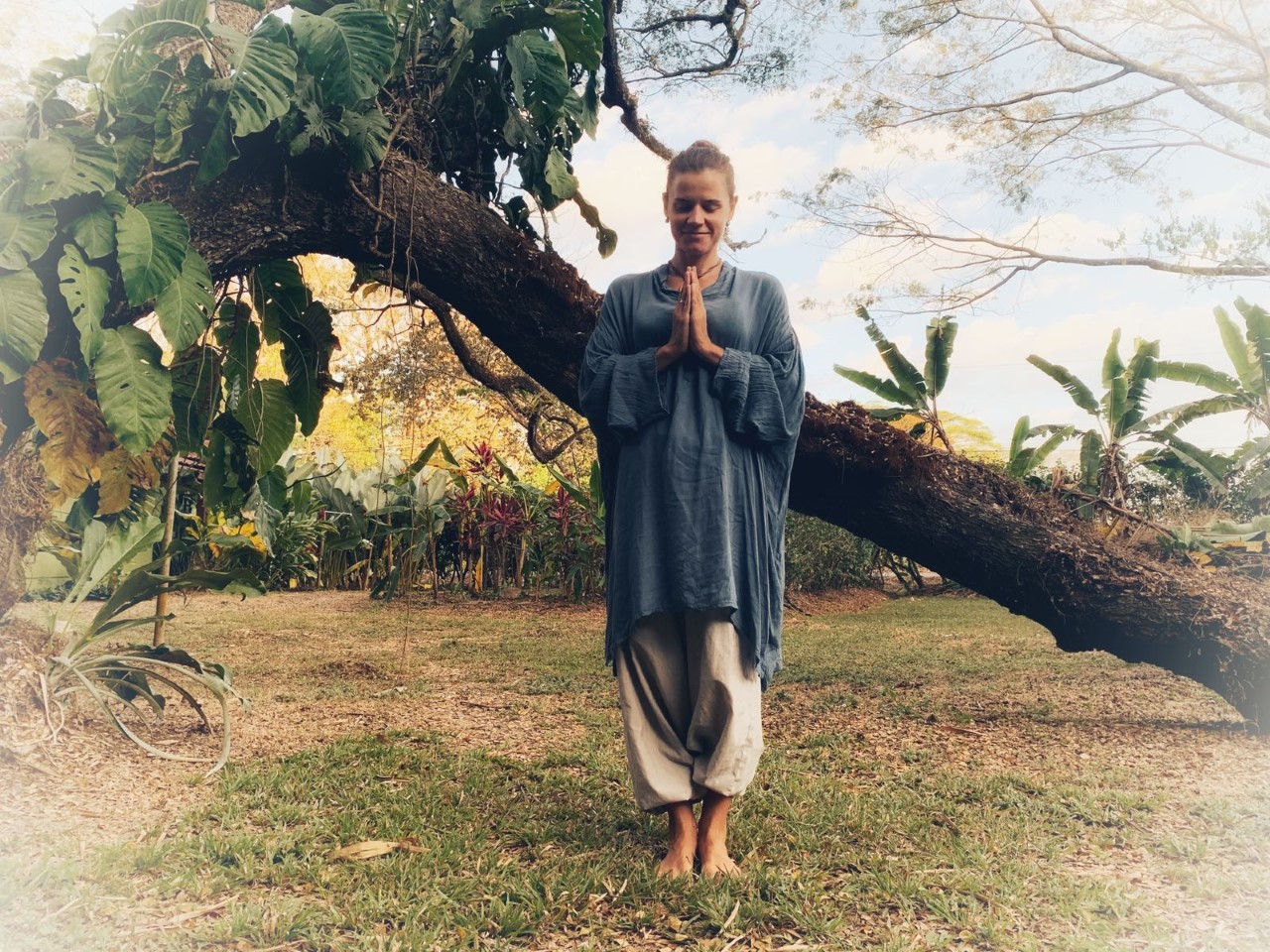What are the benefits of meditation?
Meditation can be a resource for physical and emotional recovery. This comes at the cost of deeply relaxing the muscles and achieving peace of mind and feelings. In addition, meditation can improve mindfulness and focus during training and competition. Which, of course, will have a positive effect on your results.
Those who regularly practice meditation significantly expand the consciousness and boundaries of perception of reality. To put it simply, people live their lives more vividly, feel happiness more often, because they can see it in ordinary things. Classes give the opportunity to accept and let go of negative emotions and feelings, remaining in harmony. Such exercises teach mindfulness.
What is the right way to meditate?
The right technique depends on personal preference. Meditate with both eyes open and eyes closed. One may meditate while sitting, standing, lying down, or even while walking. In the classic version of sitting meditation, many people mistakenly believe that the lotus pose is a must and must-have. In fact, it is not comfortable for everyone.
The most important rule is to keep the spine straight, the chest free so that nothing interferes with breathing, and the body as relaxed as possible. Beginners can sit on a chair, lean on the back and close their eyes. And then just breathe, relaxing your muscles one by one and letting your thoughts go. It is necessary to keep the pace of breathing habitual for you: it is not necessary to try to take breaths longer or deeper, if you feel from it discomfort and tension. After all, meditation implies love and a reverent attitude toward yourself and your body, not violence.
The phrase “letting go of thoughts” sounds quite simple, but it is a very complex skill that is acquired with experience. The main thing is to remember that in the first few times various fantasies and memories will constantly come into your head, distracting you from the relaxation process. This is absolutely normal. Just gently switch your attention to breathing each time, don’t scold yourself for not being able to focus and don’t think you’re doing something badly. That’s the way it’s supposed to be: the brain can’t be empty; it’s grounded in constant reflection. In time, you will be able to be at peace regardless of the thoughts that come and go.
A common mistake in first meditations is to try too hard and expect instant results. You may meditate so diligently in pursuit of quality and effect that instead of relaxation and tranquility you get tension and disappointment.
Despite the large number of techniques, remember that meditation is first and foremost about personal comfort, relaxation, and harmony. Listen to your body and enjoy it.

